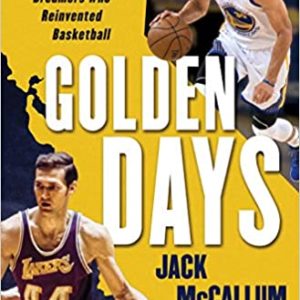Opis
But what was Sparta?
The myths surrounding Sparta are as old as the city itself. Even in antiquity, Sparta was a unique society, considered an enigma. The Spartans who fought for freedom against the Persians called themselves 'equals’ or peers, but their equality was reliant on the ruthless exploitation of the indigenous population known as helots. The Spartans’ often bizarre rules and practices have the capacity to horrify as much they do to fascinate us today. Athenian writers were intrigued and appalled in equal measure by a society where weak or disabled babies were said to have been examined carefully by state officials before being dumped off the edge of a cliff. Even today their lurid stories have shaped our image of Sparta; a society in which cowards were forced to shave off half their beards, to dress differently from their peers, and who were ultimately shunned to the extent that suicide seemed preferable. Equally appalling to us today is the brutal krypteia, a Spartan rite of passage where teenagers were sent into the countryside armed with a knife and ordered to eliminate the biggest and most dangerous helots. But the truth behind these stories of the exotic other can be hard to discover, lost amongst the legend of Sparta which was even perpetuated by later Spartans, who ran a thriving tourist industry that exaggerated the famed brutality of their ancestors.
As Andrew Bayliss explores in this book, there was also much to admire in ancient Sparta, such as the Spartans’ state-run education system which catered even to girls, or the fact that Sparta was almost unparalleled in the pre-modern world in allowing women a clear voice, with no fewer than forty sayings by Spartan women preserved in our sources. This book reveals the best and the worst of the Spartans, separating myth from reality.





